Optimal Timing for Irrigation Repairs
Understanding the optimal timing for irrigation system repairs can enhance efficiency and reduce potential disruptions. Proper scheduling ensures minimal impact on watering schedules and plant health, while allowing for thorough inspections and maintenance.
Spring is an ideal time for repairs as systems are turned on after winter, allowing early detection of issues before the peak watering season.
Late summer provides an opportunity to address repairs before the cooler months, ensuring system readiness for the next season.
Repairs during off-peak periods, such as late fall or early winter, can prevent service interruptions during busy watering times.
Following storms or heavy weather, inspecting and repairing systems can prevent damage and ensure consistent operation.
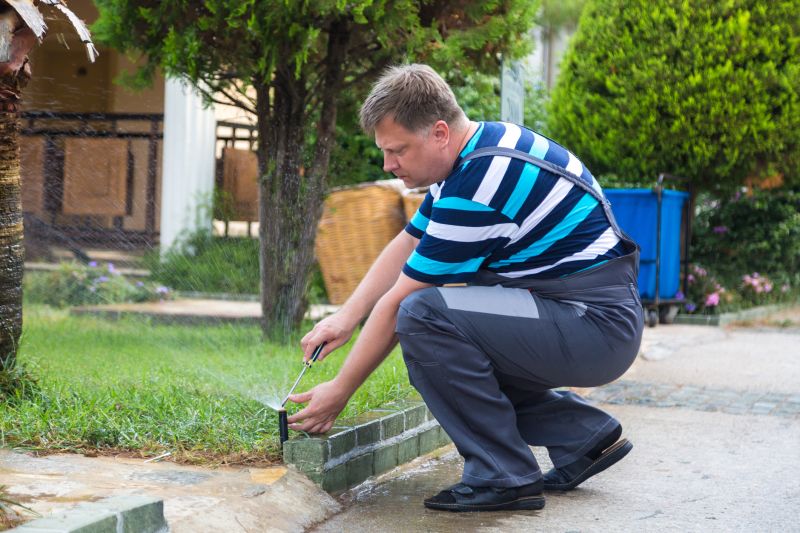
Technicians fixing sprinkler heads in a landscaped yard.
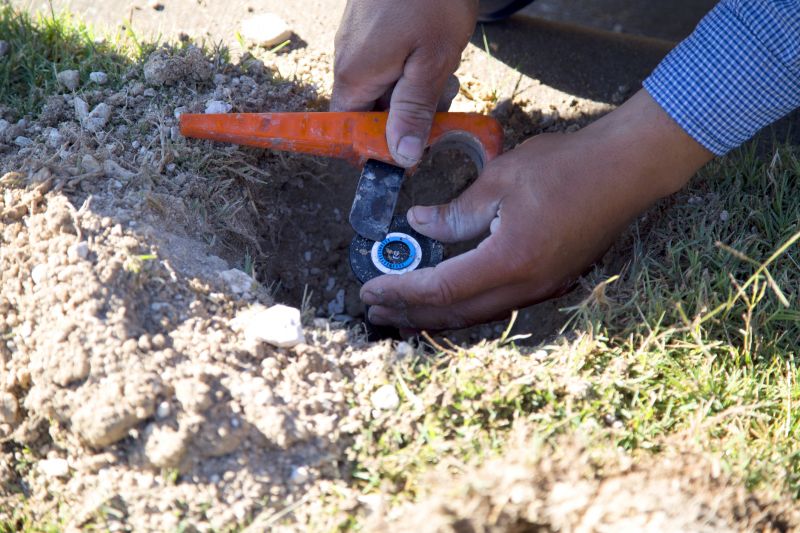
Close-up of a technician checking underground piping.
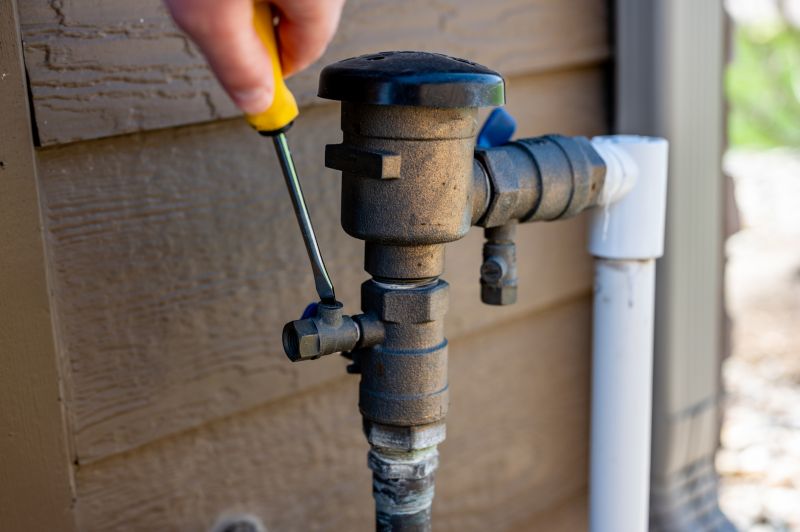
Replacing a faulty irrigation valve in a garden.
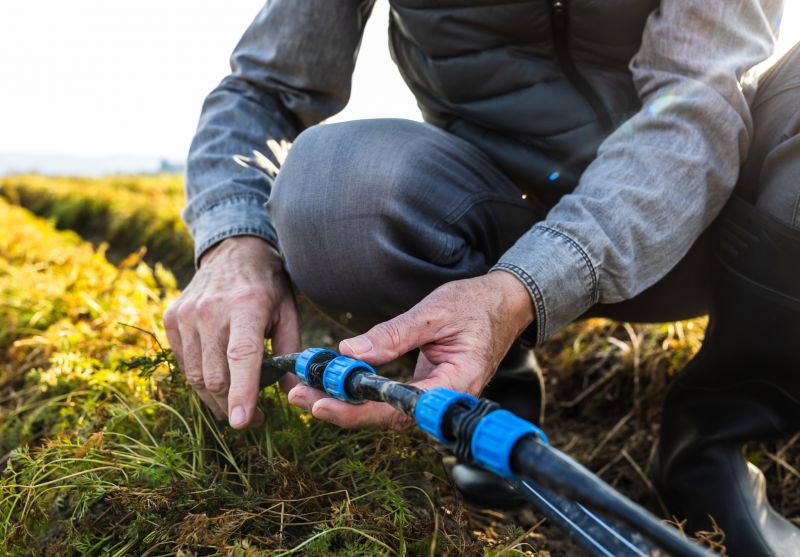
Activating irrigation systems after winter shutdown.
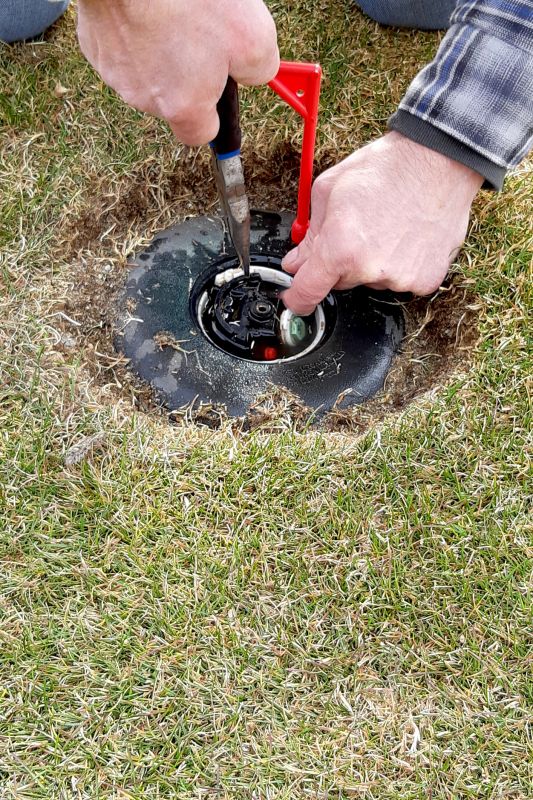
Inspecting irrigation components after a storm.
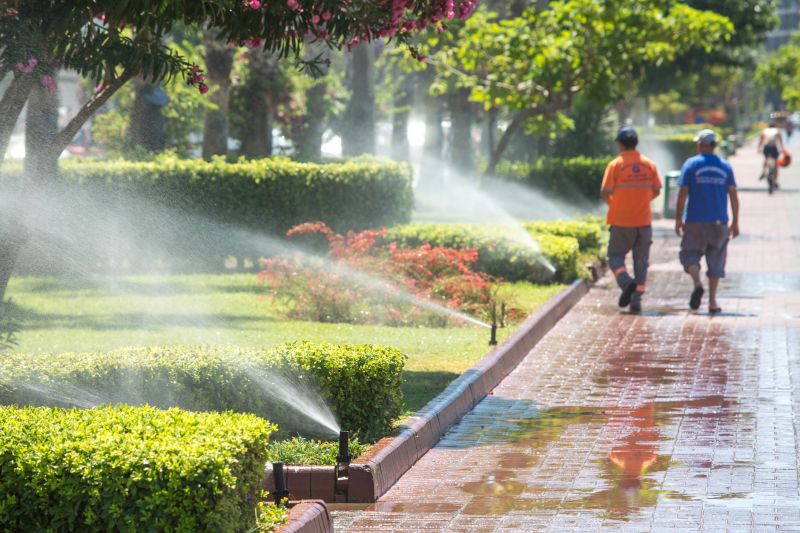
Technician testing sprinkler coverage.
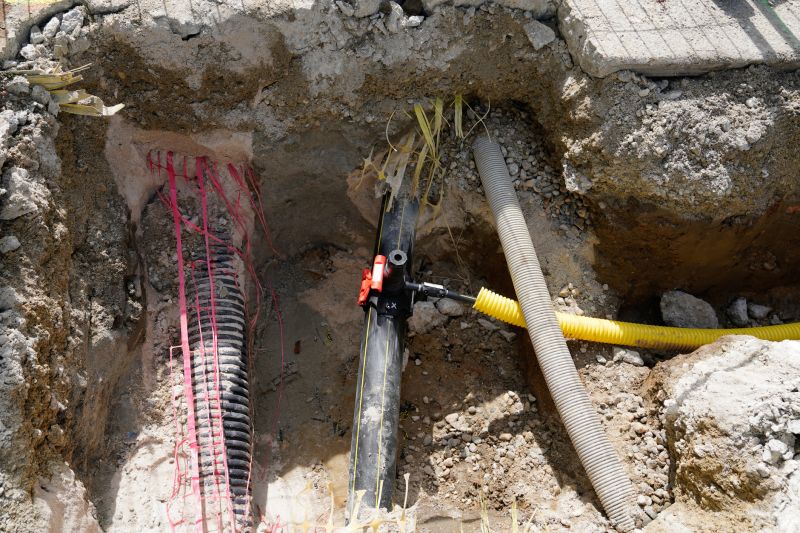
Fixing underground piping in a residential yard.
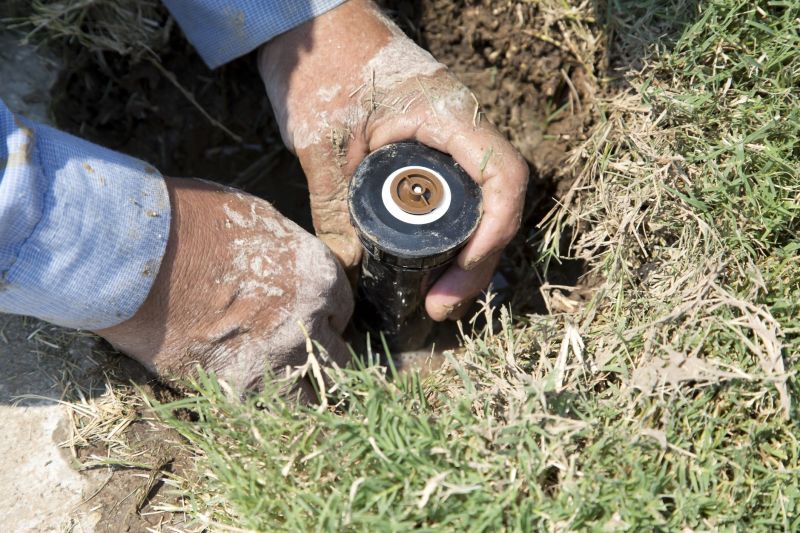
Adjusting sprinkler heads for optimal coverage.
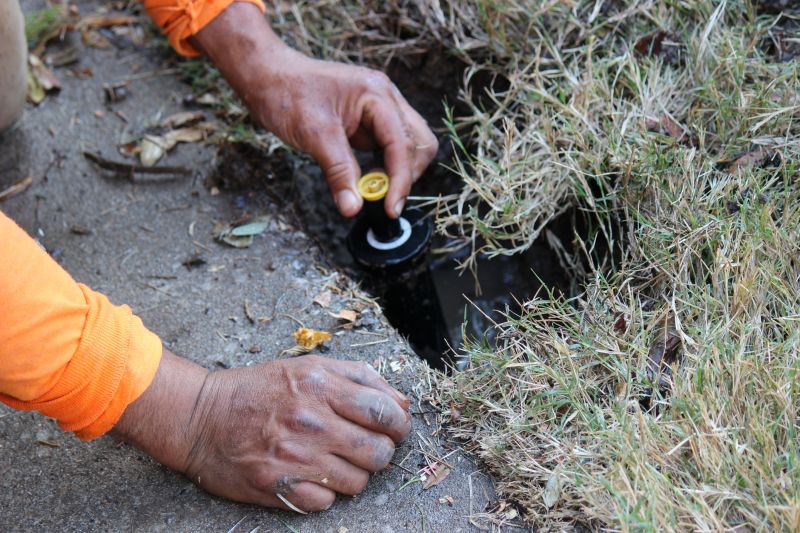
Replacing or repairing irrigation valves.
| Timing Consideration | Benefits |
|---|---|
| Spring | Allows early detection of issues before peak watering. |
| Late Summer | Prepares system for upcoming cooler months. |
| Off-Peak Seasons | Prevents disruptions during busy periods. |
| Post-Weather Events | Prevents damage from storms and heavy weather. |
| Routine Inspections | Maintains system performance and longevity. |
| After System Upgrades | Ensures new components function properly. |
| Before Planting Seasons | Prepares irrigation for new plantings. |
Irrigation system repairs are essential for maintaining efficient watering and preventing water wastage. Regular inspections and timely repairs can extend the lifespan of irrigation components, reduce water bills, and ensure plants receive proper hydration. According to industry estimates, neglected irrigation systems can lose up to 30% of water due to leaks and malfunctioning parts. Proper timing of repairs minimizes downtime and maximizes system performance.
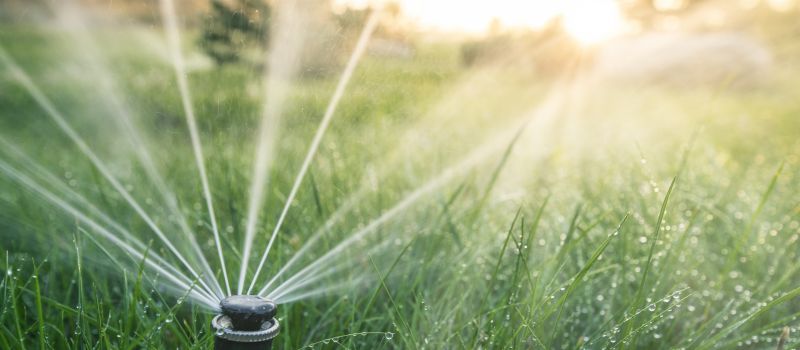
Technician replacing a damaged sprinkler head.
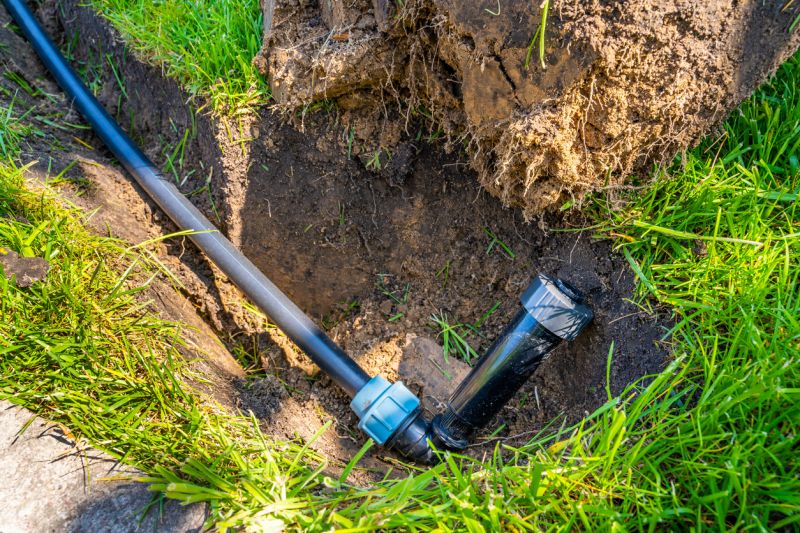
Repairing underground piping for efficient water flow.
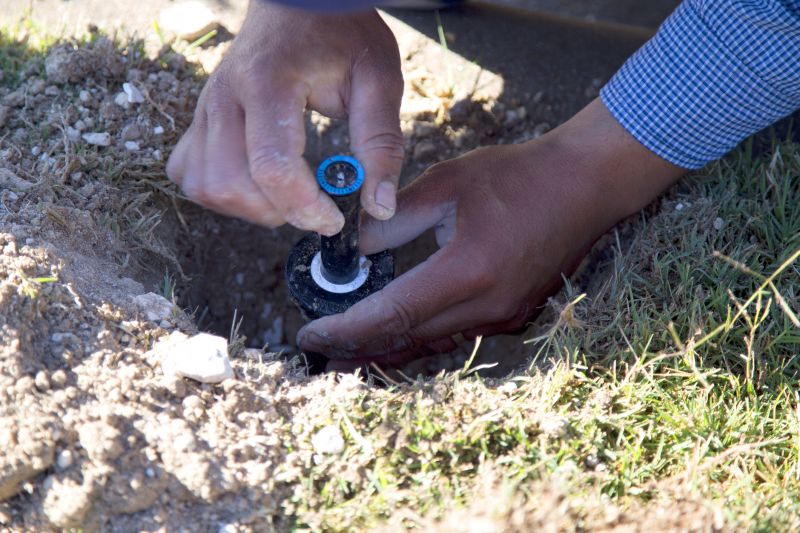
Inspecting and repairing irrigation valves.
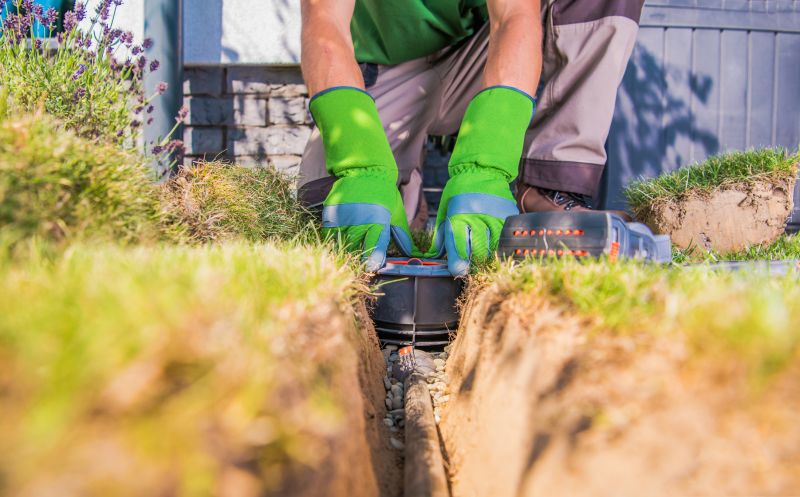
Testing sprinkler zones after repairs.
For those interested in maintaining optimal irrigation performance, filling out a contact form is recommended. Regular repairs and inspections can prevent costly damages and ensure efficient water use throughout the season.



